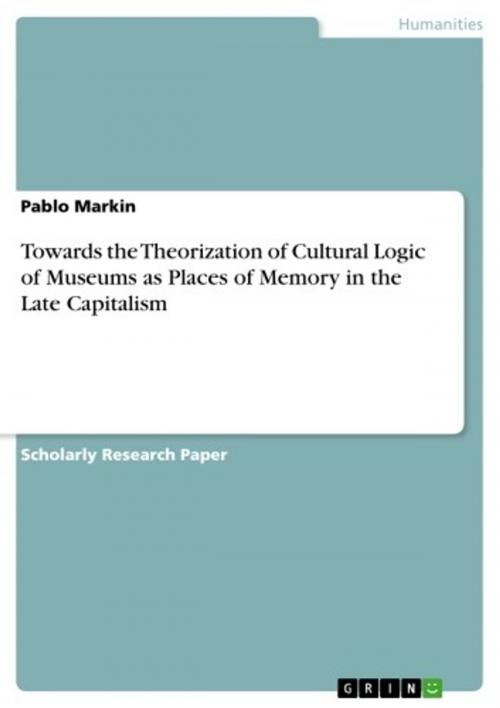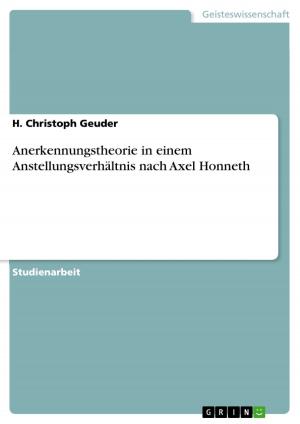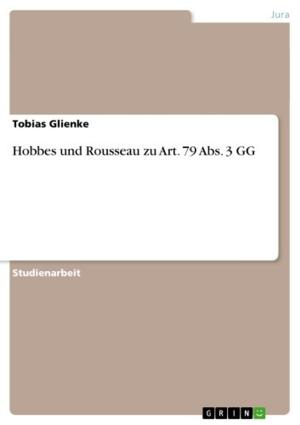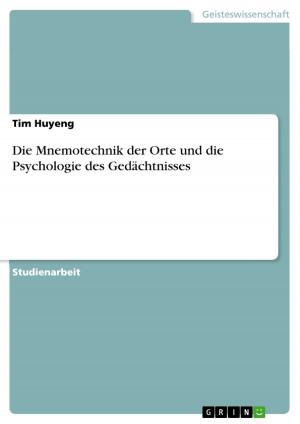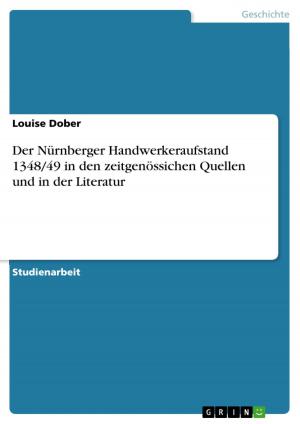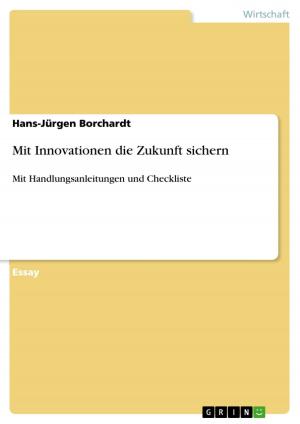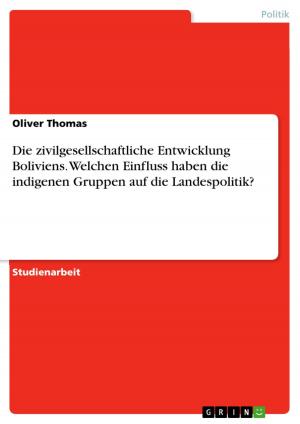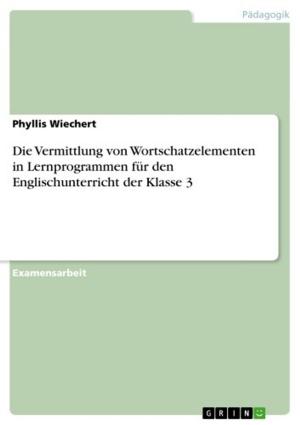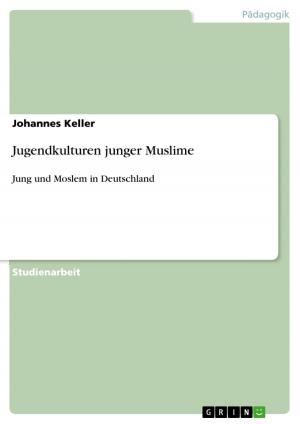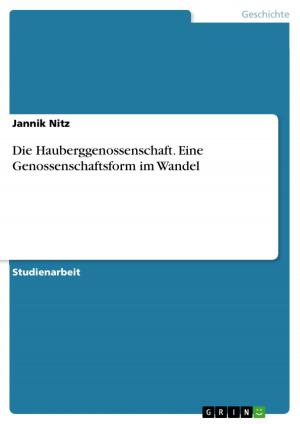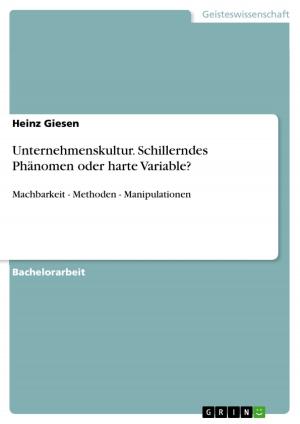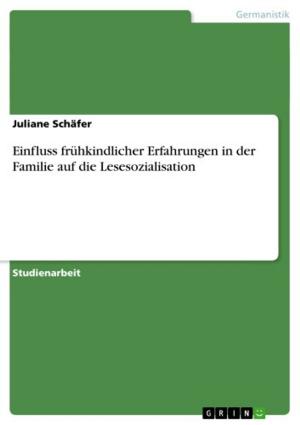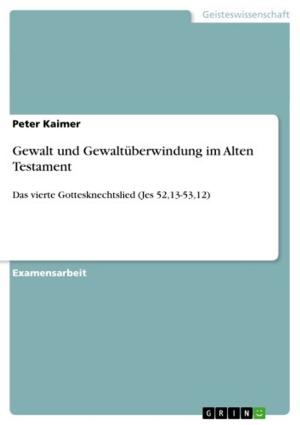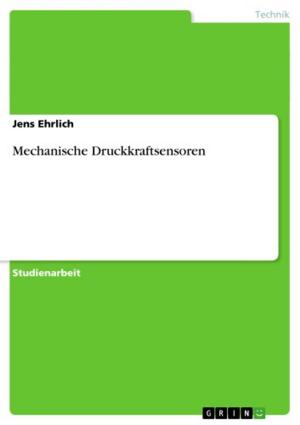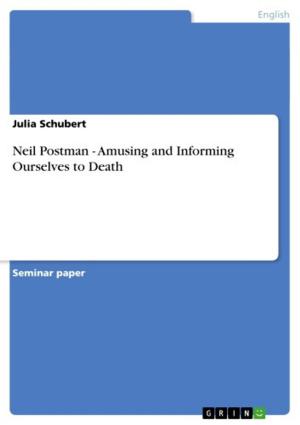Towards the Theorization of Cultural Logic of Museums as Places of Memory in the Late Capitalism
Nonfiction, Social & Cultural Studies, Social Science, Cultural Studies, Ethnic Studies| Author: | Pablo Markin | ISBN: | 9783640243600 |
| Publisher: | GRIN Verlag | Publication: | January 14, 2009 |
| Imprint: | GRIN Verlag | Language: | English |
| Author: | Pablo Markin |
| ISBN: | 9783640243600 |
| Publisher: | GRIN Verlag |
| Publication: | January 14, 2009 |
| Imprint: | GRIN Verlag |
| Language: | English |
Research Paper (undergraduate) from the year 2006 in the subject Sociology - Culture, Technology, Peoples / Nations, grade: Pass, The University of Alberta, Edmonton, Alberta, Canada, course: Comprehensive Doctoral Examination, 29 entries in the bibliography, language: English, abstract: The article provides tentative bridges between the condition of museums as cultural institutions undergoing transformation of their place within the urban space and the late capitalism as a globe-spanning process. The postmodern spatial relations single out museum as the site where the cultural logic of late capitalism receives its concrete expression within both the economic structures and aesthetic forms involved in it. The relation of the museum as a space where the boundaries of the aesthetic experience and expression are tested to the capitalism is not that of modeling the experience corresponding to the next stage of capitalism through its negation and revolt against it, as Krauss claims (Krauss 1990), but that of co-constitution. The late capitalist logic of production of difference as the index of economic value and the object of further investment attains its purest expression in postmodern status of the work of art whose sign-value is pure difference.
Research Paper (undergraduate) from the year 2006 in the subject Sociology - Culture, Technology, Peoples / Nations, grade: Pass, The University of Alberta, Edmonton, Alberta, Canada, course: Comprehensive Doctoral Examination, 29 entries in the bibliography, language: English, abstract: The article provides tentative bridges between the condition of museums as cultural institutions undergoing transformation of their place within the urban space and the late capitalism as a globe-spanning process. The postmodern spatial relations single out museum as the site where the cultural logic of late capitalism receives its concrete expression within both the economic structures and aesthetic forms involved in it. The relation of the museum as a space where the boundaries of the aesthetic experience and expression are tested to the capitalism is not that of modeling the experience corresponding to the next stage of capitalism through its negation and revolt against it, as Krauss claims (Krauss 1990), but that of co-constitution. The late capitalist logic of production of difference as the index of economic value and the object of further investment attains its purest expression in postmodern status of the work of art whose sign-value is pure difference.
